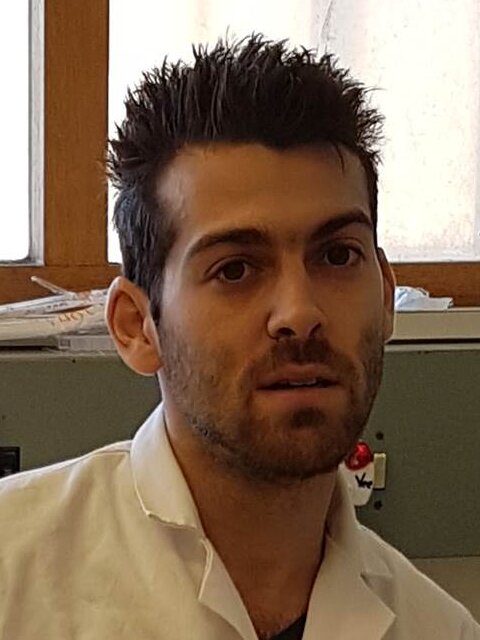
Emmanuel
Margolin
I am a scientist with interests in life sciences and biotechnology, particularly in the field of vaccinology. I completed my undergraduate studies in Molecular and Cell Biology at the University of Cape Town, before moving to Medical School for my postgraduate training in Infectious Diseases and Immunology (honours) and subsequently Virology (M.Sc./PhD).
Upon completion of my M.Sc., I worked as a Senior Scientific Officer in the HIV vaccine group on a project funded by the Medical Research Council Strategic Health Innovation Partnership initiative. This project involved a team of scientists that were tasked with the testing of novel combination vaccines against HIV. During this time I was involved in numerous aspects of the project including the development of purification strategies for our subunit vaccines, as well as assay development. My primary responsibility was the development of a platform for the production of HIV-1 glycoprotein vaccines in plants and their immunogenicity testing in animals. The rationale underlying the use of plants as an expression platform is due to their potential for cheap and scalable production. The technology is particularly appealing for developing countries such as South Africa.
This project formed the basis of my doctoral research which I completed at the end of 2017. A major aspect of my PhD was the use of human folding proteins (chaperones) to boost the production levels of the HIV glycoprotein in plants. This approach appears to be broadly applicable to improving the accumulation of other glycoproteins in plants and is now under intensive investigation in our research group. I am a co-inventor on 2 patent applications based on this work and have several publications in progress. Upon completion of my PhD, I was offered a fellowship by the Harry Crossley Research foundation to expand the range of glycoproteins produced using this technology (with a focus on glycoproteins from Marburg and Epstein Barr Viruses). I am also interested in further expanding the range of glycoproteins produced using this technology for the development of veterinary vaccines (and potentially diagnostics). My ultimate goal is to attract my own research funding and establish my own research group.
My main research interest is the production of recombinant viral glycoproteins for use as vaccine antigens and diagnostic reagents. A major aspect of this research is the production of these proteins using plant-based expression which offers a potentially cheap and scalable alternative to conventional manufacturing approaches. I have recently developed a chaperone co-expression system that enables a profound improvement in the production levels of recombinant glycoproteins in plants, many of which typically accumulate at low levels in the absence of co-expressed chaperones (UK1708866.7). I am currently expanding the range of recombinant viral glycoproteins produced with this technology and am particularly interested in using this approach to producing veterinary vaccines (and potentially diagnostics).